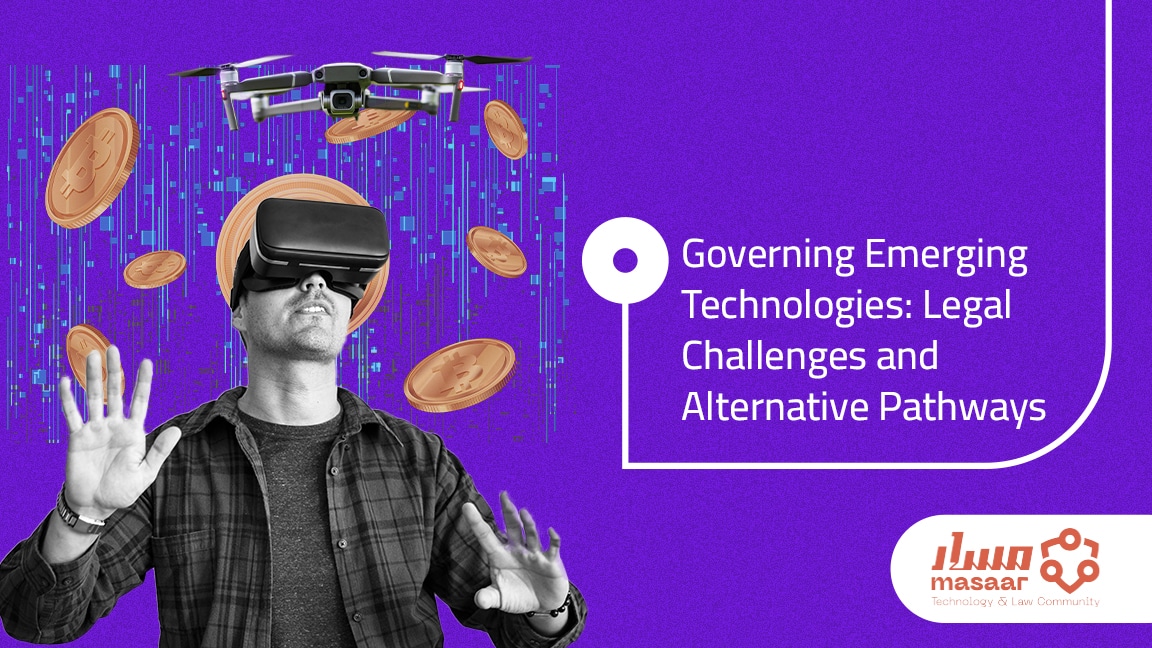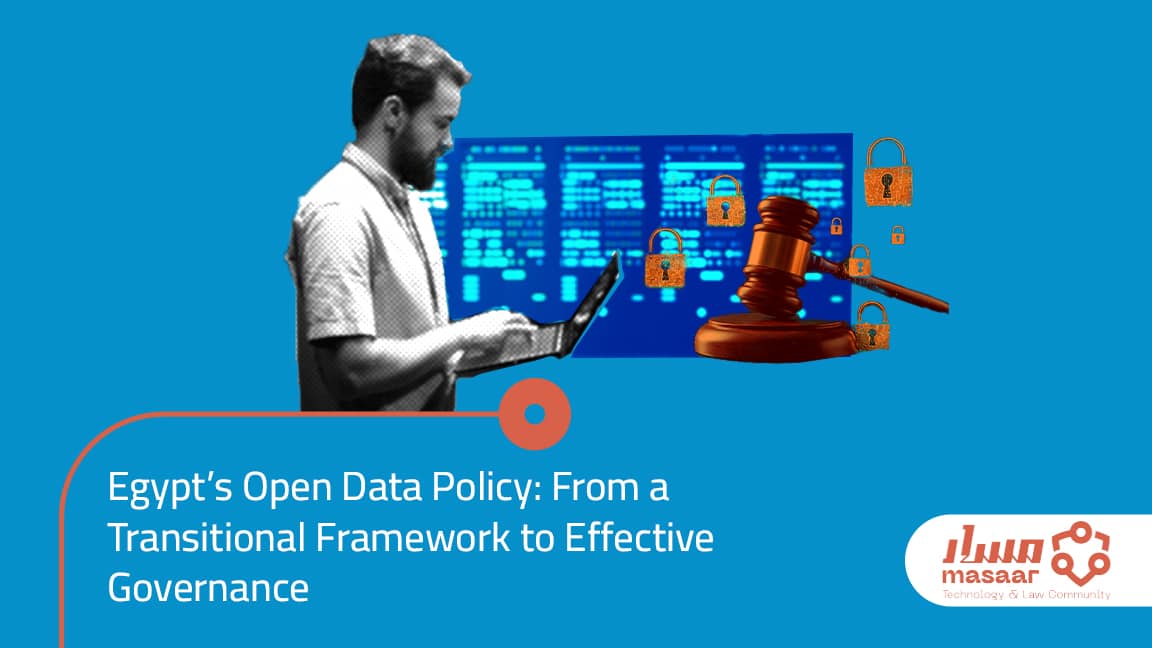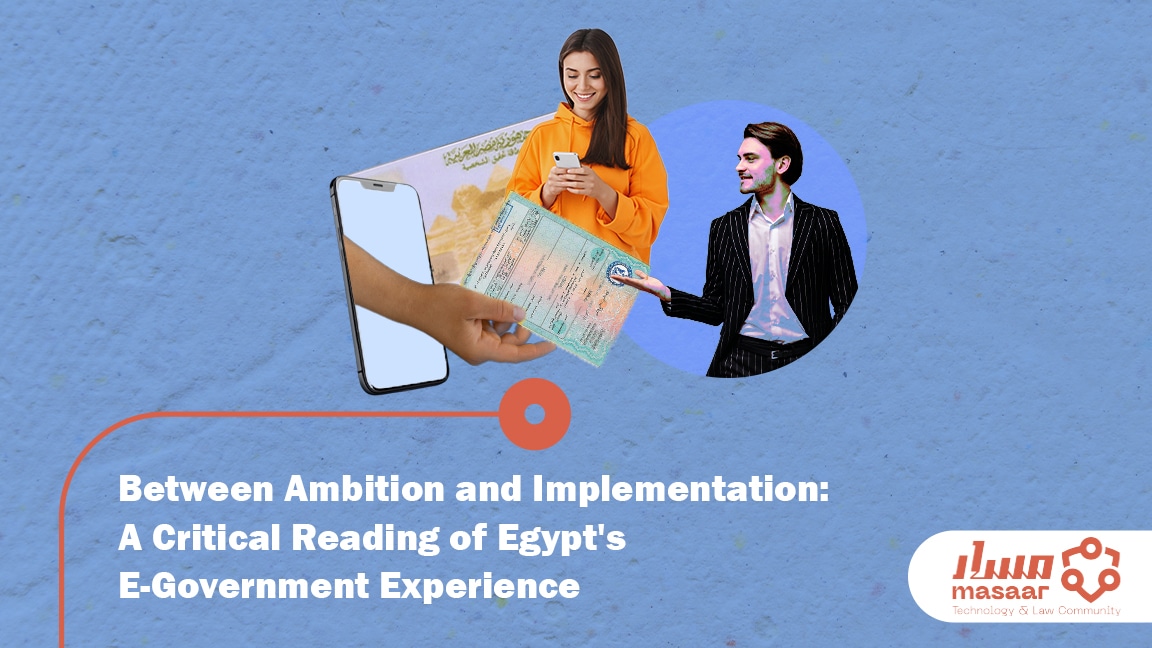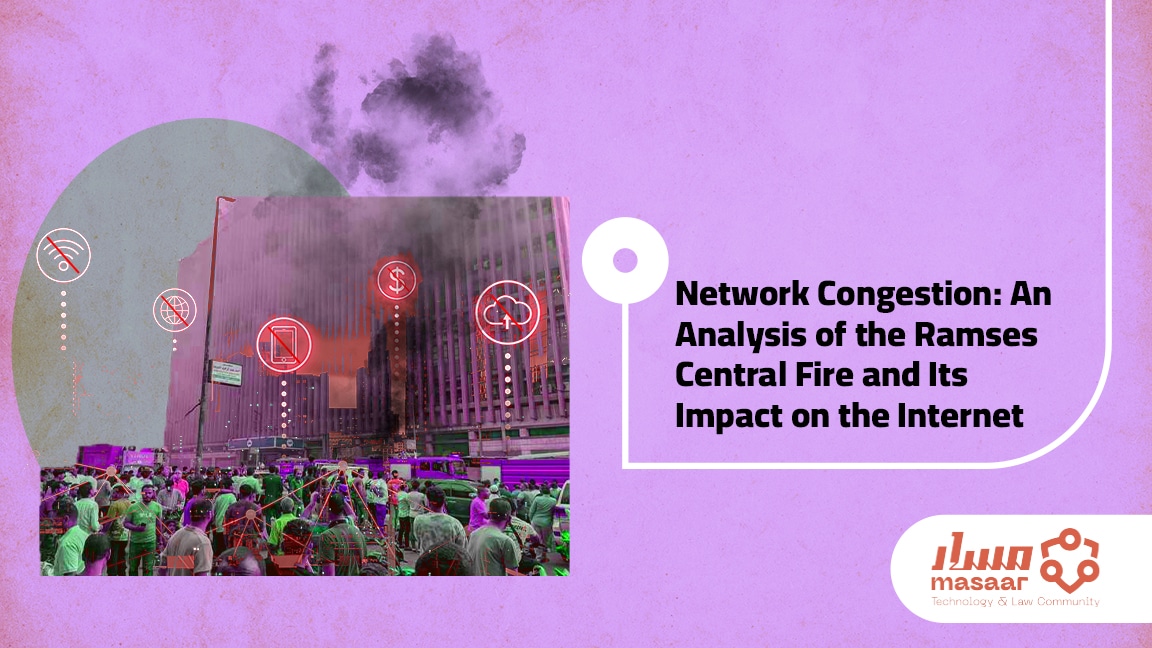Internet Governance
Governance of Emerging Technologies: Legal Challenges and Alternative Pathways
Introduction Emerging technologies are undergoing rapid and unprecedented development, with new innovations impacting various aspects of life. Emerging Technologies refer to modern innovations that are still evolving and entering the market, such as artificial intelligence, blockchain, digital currencies, the Internet of Things, 5G networks, autonomous robots, and drones, among others. While these technologies hold tremendous…
Egypt’s Open Data Policy: From a Transitional Framework to Effective Governance
This paper follows the Egyptian government’s announcement of the National Open Data Policy, a step aimed at promoting transparency and public access to data. It assesses the policy in light of the absence of a legal framework for the right to access information, the state’s monopoly over official statistics, and the limited independence of oversight and accountability mechanisms.
Proposed Foundational Principles for the Egyptian Data Governance Authority (EDGA)
This Annex complements Masaar’s paper “Egypt’s Open Data Policy: From a Transitional Framework to Effective Governance,” along with the “Proposed List of Entities Mandated to Publish Their Data via the National Open Data Portal,” and the “Open Data Standards.“ In its current form, Egypt’s Open Data Policy proposes the establishment of the Egyptian Data Governance…
From Global Data Corridor to Control Gateways: A Reading into Egypt’s Digital Infrastructure
This paper examines the various aspects of Egypt’s digital infrastructure, beginning with its position within the global internet ecosystem, moving through patterns of ownership and governance, and culminating in the levels of access, service quality, and legal safeguards available to protect digital rights.
The Right to Use Radio Spectrum in Egypt: Towards Equitable Digital Governance of a Scarce Resource
This paper examines the legal and institutional framework governing spectrum management in Egypt, assessing its alignment with principles of digital justice and human rights. The study grounds its analysis in conceptualizing spectrum access rights as an extension of freedom of expression and communication. It highlights the state’s central regulatory role over this resource and its implications for media pluralism and community-led initiatives.
Between Ambition and Implementation: A Critical Reading of Egypt’s E-Government Experience
This paper examines the evolution of the e-government landscape in Egypt by reviewing its various facets, with a specific focus on the rights-based aspect. It discusses the concept of e-government and its roles in improving service delivery and addressing the challenges facing the government service sector.
Network Congestion: An Analysis of the Ramses Central Fire and Its Impact on the Internet
This paper provides a technical overview and analysis of the internet outage that occurred in Egypt on July 7, 2025, with a focus on its timing, scope, and impact on the network infrastructure. It draws on data recorded between Monday, 7 July 2025, and Tuesday, 8 July 2025, up to 2:00 p.m. Cairo time.
Digital Technology and Its Impact on Cultural Rights: New Opportunities and Challenges
This paper explores the interplay between digital technology and cultural rights, examining how heritage and cultural production are evolving in the digital world. It analyzes the challenges to protecting these rights and proposes a framework for safeguarding them amid technological advancements.
Strategies of the ICT Sector: A Critical Reading and Recommendations
The paper focuses on several strategies of particular importance to the ICT sector. It addresses the extent to which these strategies are concerned with providing guarantees for citizens to exercise the right to privacy, the right to access information, and the right to freedom of expression, and the extent to which they impose precautions to protect these rights from various forms of violation.









